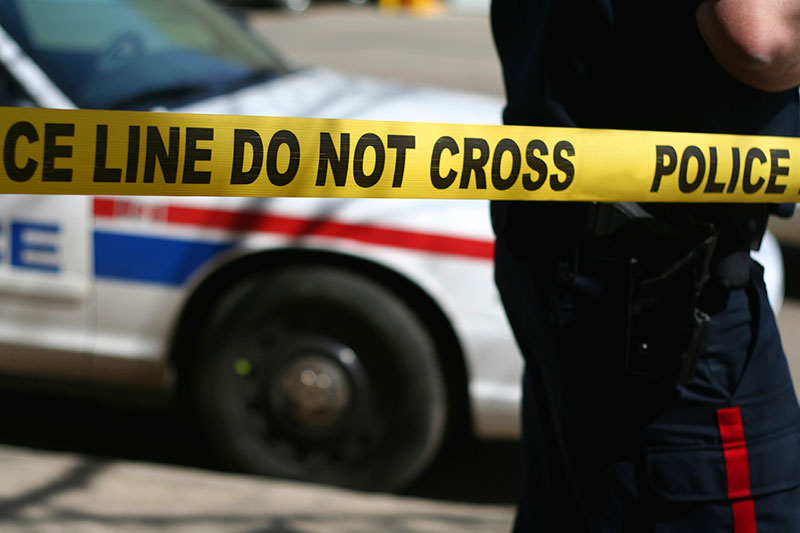It was the worst kind of attack in an area of Baghdad teeming with terrorists. After leaving the meeting and driving half-way down the block, the first car in the convoy became disabled when an IED (Improvised Explosive Device) detonated right next to it. The explosion created fire, smoke, and spread debris on the asphalt making it impossible for the second car to see what was happening 50 meters in front of it. Not knowing the lead car was at a standstill in the middle of the road, he slammed right into the back of it. This was the car carrying the principal protectee. The third car wasn’t far behind, quickly pulling up to try to rescue the passengers in the first two vehicles. That’s when all hell broke loose: AK47s, PKC machine guns, and RPGs (Rocket Propelled Grenades) fired until the cars looked like Swiss cheese.
It is not clear if the young protectee could have gotten out of the car—if there was any way to escape the inferno that eventually enveloped her. All we know is that she didn’t get out and most of the team died that day. The attackers had no clear purpose, other than a flimsy claim that it was a part of some undefined jihad against an undefined enemy who was actually there to help the locals. I call it what it is: a terrorist attack by a bunch of pathetic thugs against an unarmed civilian. Real heroic.
When you are not familiar with the ins and outs of terrorist attacks or criminal activity, you tend to think that you must be a member of Seal Team 6 in order to maximize your chances for survival. Not so. Actually, the most simple concepts are what will save you. In the real-life situation above, I’m not sure anything could have been done differently except this: That team should have never been in that neighborhood in the first place. The area around the meeting location was actually referred to as “the triangle of death.” Making a move to part of the city without the full resources of Blackwater or the U.S. army was to take a huge risk that far outweighed the purposes for being there. Remember, sometimes the smartest decisions are those in which we decide not to do something.
You make similar decisions every day: Should you go for a jog on the trail at dusk by yourself? Should you walk back to your car in the parking garage by yourself after dinner? Do you lock your doors and windows religiously, even when you think you live in a safe neighborhood? We make these seemingly insignificant calculations every day, and we need to be conscious that we have more control over our security than we think. It takes an extra step or two in order to improve our security posture, but it’s worth it. Not every threat can be avoided, but we can improve our chances by being cognizant of that which we do control.
Dozens of people died in the Twin Towers because they were told to sit tight. After hearing that unfortunate insight, I decided I have sufficient life experience that I should listen to my own instinct about what to do when something goes wrong. Hopefully, you’ll never face anything like 9/11 but you can make security a more conscious decision in your everyday life. You control a lot more than you think you do.
